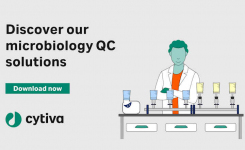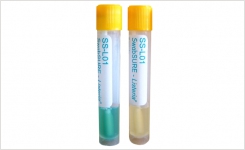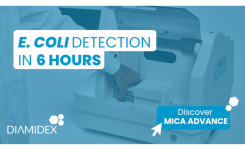New CLSI Guidelines for the Management of Nonconforming Laboratory Events
go back to news archives| Managing nonconforming events is an integral part of continuous quality improvement, which maximizes patient safety and advances quality initiatives. The value of a program to manage nonconforming events is to balance time spent on event reporting, event analysis, and implementing interventions. |
Source : Clinical and Laboratory Standards Institute View Company Information
Posted on June 11, 2007
LATEST MICROBIOLOGY NEWS
MICROBIOLOGY EVENTS
-
Unmasking Endotoxins: A Sample Preparation Strategy to Overcome LER
15 Jul 2025 -
Next-Generation MAT vs. Traditional Pyrogen Tests: Faster, Ethical, and More Reliable
15 Jul 2025 -
LIMS Launchpad Series: Episode #1 - Strategic Planning
17 Jul 2025 -
IAFP 2025
27 Jul 2025 -
ADLM 2025
27 Jul 2025 -
Food Safety Culture Workshop
9 Sep 2025 -
Who are the "Real" Spoilers in Food?
11 Sep 2025 -
CPD accredited course: Level 3 HACCP & Food Safety
15 Sep 2025 -
Culture Eats HACCP for Breakfast (free)
On-demand Webinar -
A3P International Congress 2025
7 Oct 2025

















